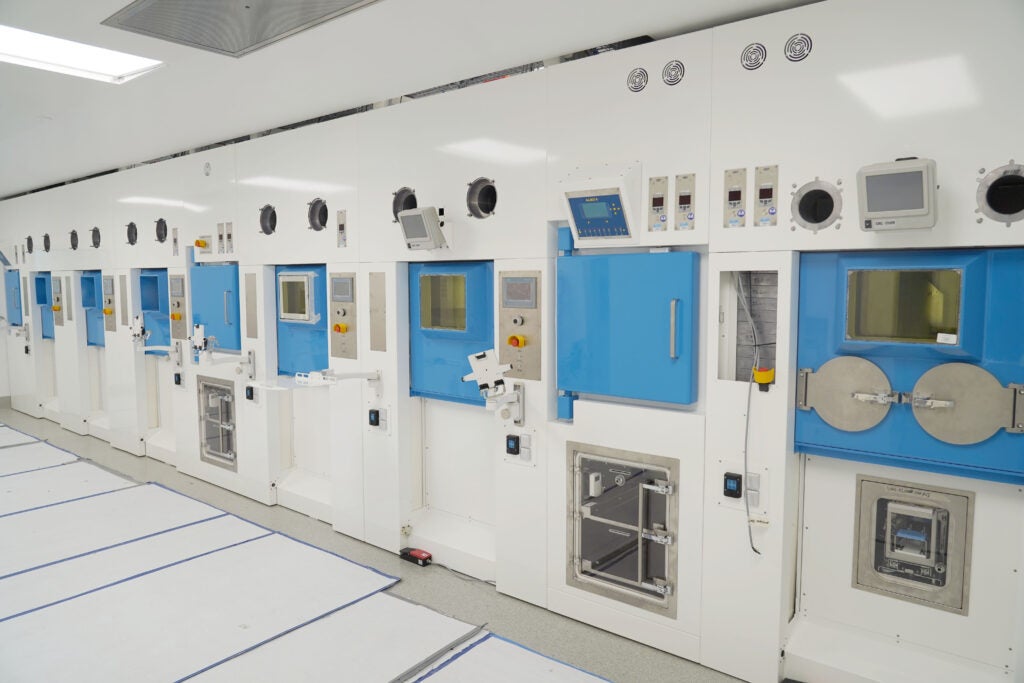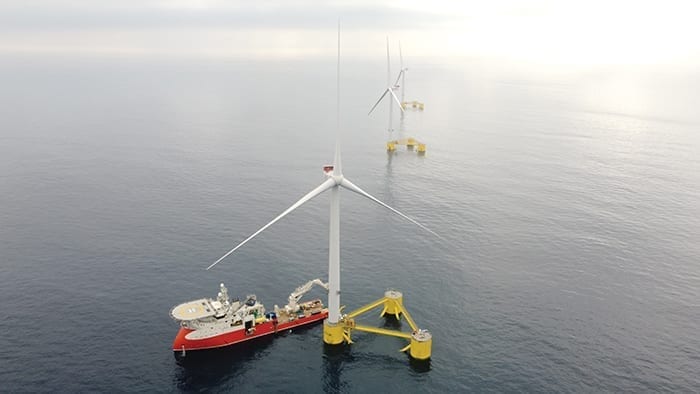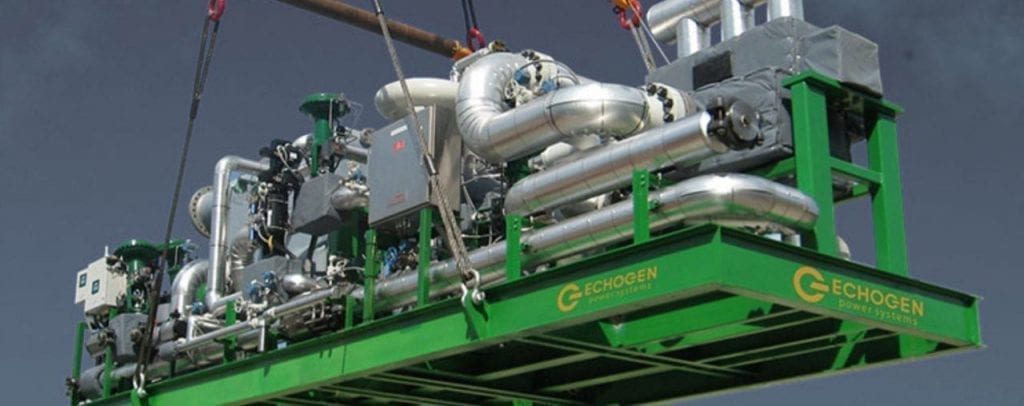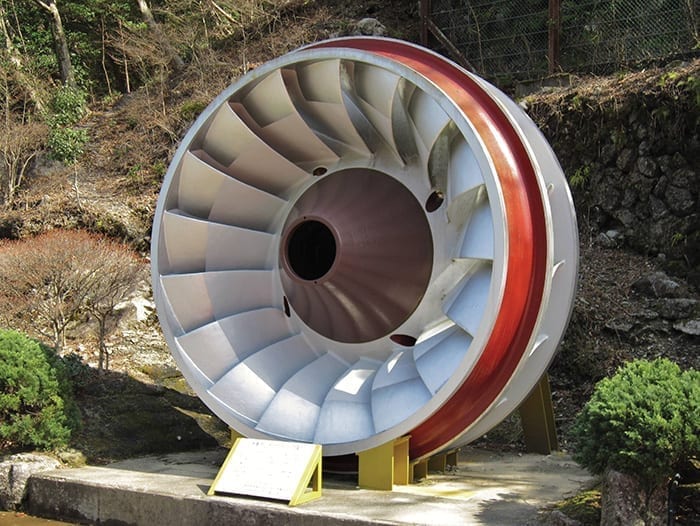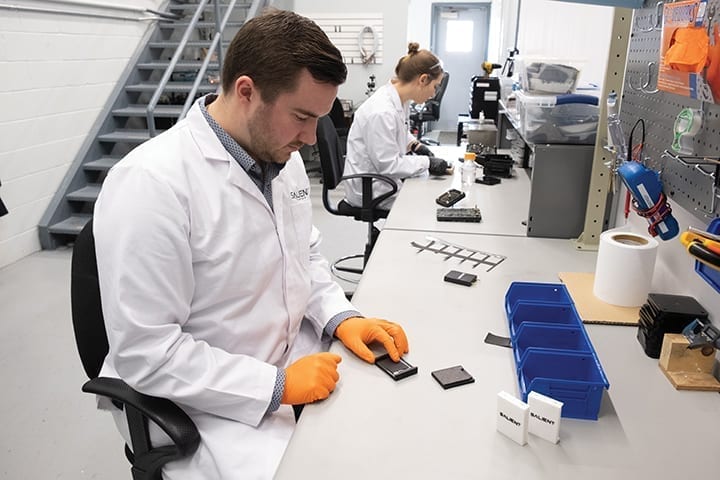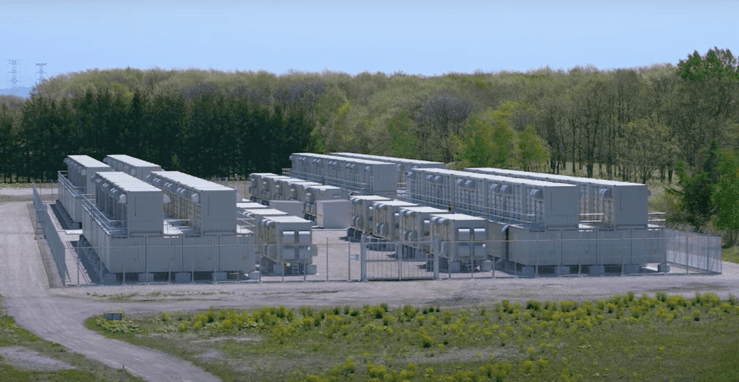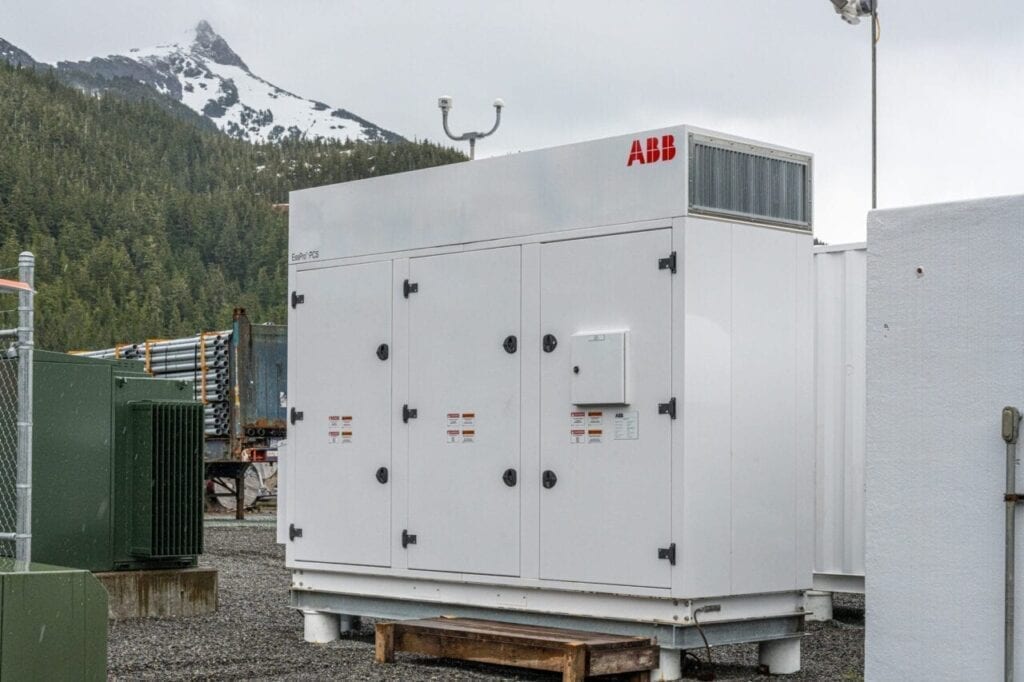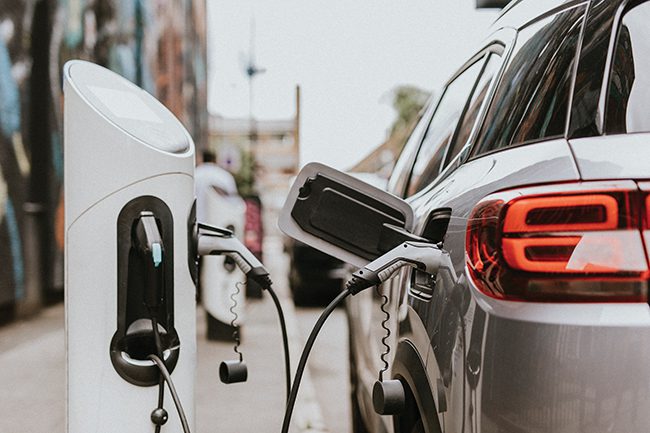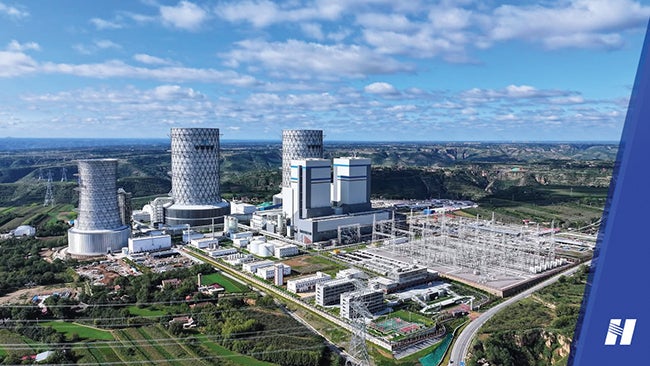A research team at the University of Science and Technology of China (USTC) has published a study that supports use of a new type of chemical battery system for energy storage and electric vehicles.
The USTC team, in their report published in the Angewandte Chemie International Edition, said the system utilizes hydrogen gas as the anode instead of conventional lithium derivatives. The group noted that hydrogen (H2) in recent years has been shown to be a stable and cost-effective renewable energy carrier due to its favorable electrochemical properties.
Current hydrogen-based batteries primarily utilize H2 as a cathode. This system the battery’s voltage range to 0.8-1.4 V and limits energy storage capacity, as the batteries can only operate within a limited voltage window, and that caps how much energy they can store and deliver.
The USTC team said its findings show the Li-H battery would allow EVs to charge more quickly, and the charge would last longer. The team said they suggest using hydrogen as the anode to improve energy density and the battery’s working voltage. (Editor’s note: More information from the authors of the report is available here. A video explaining the technology is available here.)
The team in its report said a prototype battery system was engineered with a configuration that allows efficient lithium-ion transport while minimizing undesired chemical interactions. The Li-H prototype includes a lithium metal anode, a platinum-coated gas diffusion layer that serves as the hydrogen cathode, and a solid electrolyte.
The group said its testing showed the new battery model has a theoretical energy density of 2,825 watt-hours per kilogram, with steady operational voltage of about three volts. The researchers wrote that the battery showed round-trip efficiency, or RTE—a measure of energy delivered versus energy used to charge the battery—at 99.7%, signifying minimal energy dissipation during charge and discharge cycles. The group said the battery also would have long-term operational stability.
The team also developed an anode-free Li-H battery variant that it said eliminates the need for pre-installed lithium metal. The battery variant facilitates the deposition of lithium sourced from lithium salts, specifically LiH2PO4 and LiOH, during the charging cycle. The variant provides additional benefits while keeping the advantages of the Li-H battery, according to the group.
—Darrell Proctor is a senior editor for POWER.



